Home>Garden Essentials>How Long Does It Take A Cherry Seed To Sprout
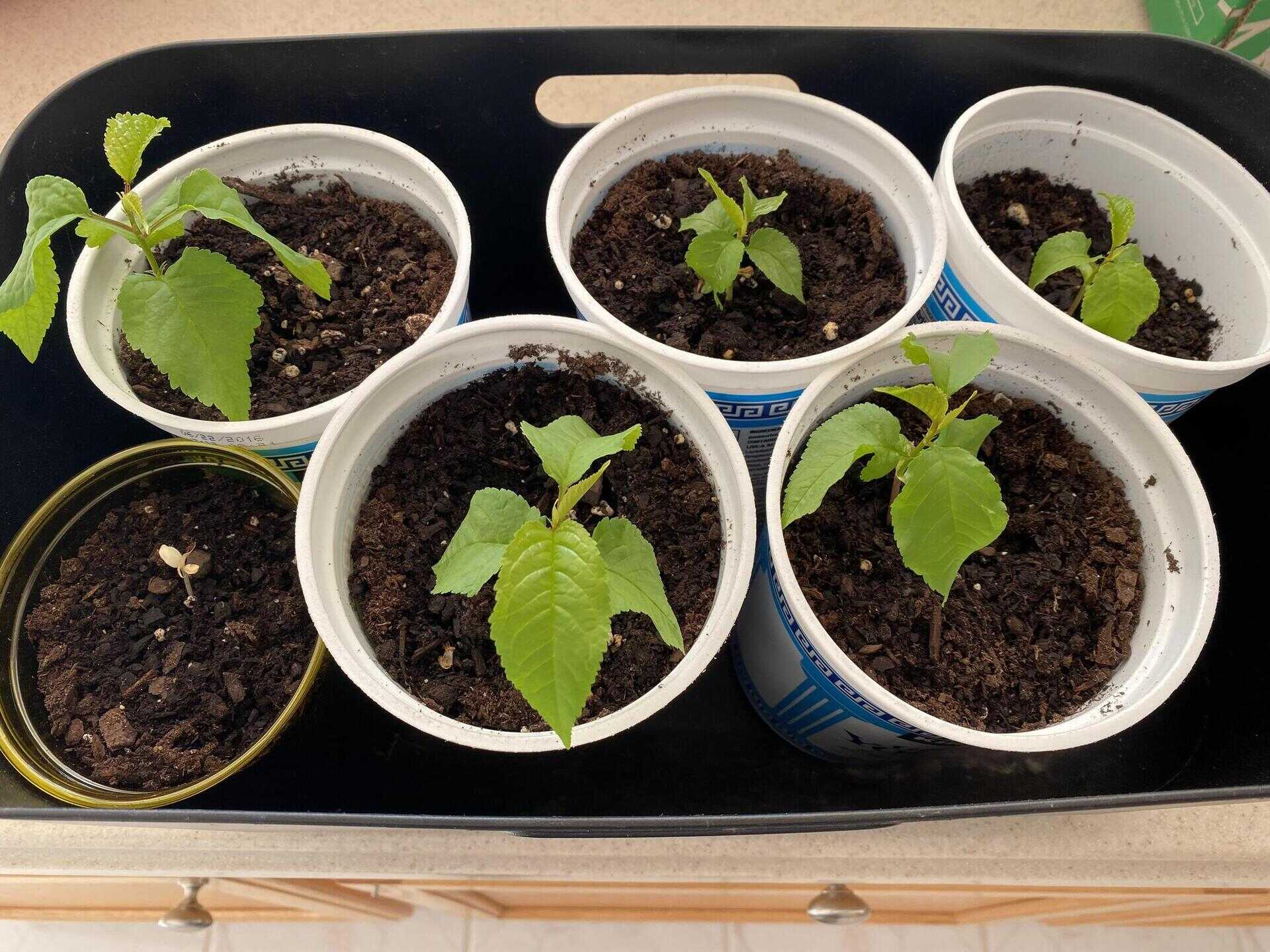

Garden Essentials
How Long Does It Take A Cherry Seed To Sprout
Modified: March 24, 2024
Learn how long it takes for a cherry seed to sprout in your garden. Discover the timeline and factors that influence seed germination.
(Many of the links in this article redirect to a specific reviewed product. Your purchase of these products through affiliate links helps to generate commission for Storables.com, at no extra cost. Learn more)
Introduction
Welcome to the fascinating world of gardening! If you’ve ever wondered about growing cherry trees from seed, you’re in the right place. Understanding the process of cherry seed germination is not only intriguing but also essential for any gardener looking to embark on this horticultural journey.
Cherries are not only delicious fruits but also beautiful ornamental trees that can enhance any garden or landscape. While many growers prefer to propagate cherry trees through grafting or budding techniques, growing them from seeds can be a rewarding experience that allows you to witness the entire lifecycle of the plant.
In this article, we will explore the factors that affect the germination time of cherry seeds, understand the germination process itself, and uncover the optimal conditions required for successful cherry seed germination. Additionally, we’ll provide insight into the average time it takes for a cherry seed to sprout and develop into a healthy seedling.
So, let’s dive into the world of cherry seed germination and discover the secrets to growing your very own cherry tree from a tiny seed.
Key Takeaways:
- Patience is key when growing cherry trees from seeds, as germination can take 3 to 12 weeks. Each seed has its own timeline, so be patient and provide the right conditions for successful sprouting.
- Understanding the factors that affect cherry seed germination, such as temperature, moisture, and seed quality, can help you create the ideal environment for growing your own cherry tree from a tiny seed.
Read more: How Long Does A Seed Take To Sprout
Factors Affecting Germination Time
The time it takes for a cherry seed to germinate can vary depending on several factors. Understanding these factors and their influence on germination can help you optimize the conditions for successful sprouting. Here are some key factors that can affect the germination time of cherry seeds:
- Seed age: The age of the seed plays a significant role in germination. Freshly harvested seeds tend to have higher germination rates and shorter germination times compared to older or stored seeds. If you are using seeds that have been stored for a while, soaking them in water overnight can help rejuvenate them and improve germination rates.
- Seed treatment: Pre-treating cherry seeds can help break dormancy and speed up germination. Scarification, which involves nicking or scratching the seed coat, can improve water absorption and promote quicker germination. Additionally, stratification, a process of exposing seeds to cold temperatures, mimics natural winter conditions and can enhance germination rates.
- Temperature: The temperature at which cherry seeds are kept can have a significant impact on germination time. Cherries are cold-hardy trees, and they prefer cooler temperatures for germination. Optimal temperatures range between 32°F (0°C) and 45°F (7°C). Cooler temperatures can help break seed dormancy and initiate the germination process, while higher temperatures can slow it down.
- Moisture: Adequate moisture is crucial for successful germination. Cherry seeds require consistent moisture levels to sprout. However, excess water can lead to rot and hinder germination. Ensure a well-draining soil mix or seed-starting medium and water the seeds regularly to maintain appropriate moisture levels.
- Light: Light does not play a significant role in cherry seed germination. In fact, cherry seeds typically germinate better in dark conditions. Covering the seeds with a thin layer of soil or using a dark germination tray can help provide the darkness they need to sprout.
- Seed quality: The quality of the seed itself can affect the germination time. High-quality seeds that are genetically viable and free from diseases or damage will have a higher germination rate and may sprout more quickly.
By understanding and optimizing these factors, you can significantly influence the germination time of cherry seeds and increase your chances of successful sprouting.
Germination Process
The germination process is a fascinating and intricate journey that a cherry seed goes through to transform into a seedling. Understanding this process can help you appreciate the magic happening beneath the soil surface. Here are the key stages of the germination process:
- Imbibition: The first step in germination is imbibition, where the seed absorbs water and begins to swell. This process softens the seed coat and activates key enzymes within the seed.
- Radicle emergence: After imbibition, the radicle, which is the embryonic root, emerges from the seed. The radicle helps anchor the seedling in the soil and absorbs water and nutrients for growth.
- Root and shoot development: As the radicle grows, it develops secondary roots, branching out into the surrounding soil. Simultaneously, the shoot, known as the plumule, starts to emerge from the seed. The plumule contains the embryonic leaves and stem of the future plant.
- Leaf expansion: Once the shoot emerges from the soil, the first set of true leaves begins to unfold. These leaves are typically smaller and different in shape from mature leaves.
- Continued growth and development: With favorable conditions, the seedling continues to grow, producing more leaves and developing a stronger root system. The seedling gradually transforms into a young tree.
Throughout the germination process, the seed relies on a combination of water, oxygen, and nutrients to fuel its growth. It is essential to provide these elements in appropriate amounts to ensure a successful germination and healthy development of the seedling.
As a gardener, observing and assisting the germination process can be a rewarding experience. You can monitor the progress of your cherry seeds, document each stage, and celebrate the emergence of a new life.
Cherry seeds can take 3-4 weeks to sprout if kept in a moist, cool environment. Plant the seed 1-2 inches deep in well-draining soil and keep it consistently watered.
Conditions for Cherry Seed Germination
To ensure optimal germination of cherry seeds, it is crucial to provide the right conditions that mimic their natural habitat. Here are the key conditions to consider for successful cherry seed germination:
- Temperature: Cherries are deciduous trees that require a period of cold stratification to break seed dormancy. Place the seeds in a plastic bag with a moistened paper towel and refrigerate them for about 8-12 weeks. After stratification, transfer the seeds to a warmer environment with temperatures between 60°F (15°C) and 70°F (21°C) to promote germination.
- Moisture: Consistent moisture is vital for cherry seed germination. Start by pre-soaking the seeds in water for 24 hours to enhance moisture absorption. Use a well-draining seed-starting mix or a blend of peat moss and sand to maintain moisture levels without waterlogging the seeds.
- Light: Cherry seeds prefer to germinate in darkness. Cover the seeds with a thin layer of soil or use a dark-colored germination tray to block out light. Once the seedlings emerge, provide them with ample light to support healthy growth.
- Aeration: Good air circulation is crucial for preventing fungal diseases and promoting healthy seedling growth. Ensure proper ventilation in your germination area to avoid stagnant air around the seeds.
- Seed depth: Plant the cherry seeds at a depth of approximately 1 inch (2.5 cm) in the soil. This depth provides a suitable environment for the seeds to absorb water while still allowing the emerging seedlings to break through the surface easily.
- Patience: Germination can take time, and each seed may have its own pace. Be patient and allow the seeds to take their natural course. Some seeds may sprout within a few weeks, while others may take several months. Keep providing the necessary conditions, and eventually, you will see signs of germination.
By creating an environment that meets these conditions, you can significantly increase the chances of successful cherry seed germination. However, it’s important to note that not all seeds may germinate, as environmental factors and seed quality can vary. Be prepared to experiment and learn from each germination attempt.
Now that you know the ideal conditions for cherry seed germination, you are ready to embark on your journey to grow your own cherry trees from seed.
Average Time for Cherry Seed Germination
The average time for cherry seed germination can vary depending on the specific cherry variety, seed quality, and environmental conditions provided. On average, cherry seeds can take anywhere from 3 to 12 weeks to germinate.
Factors such as temperature, moisture, and pre-treatment methods can influence the germination time. Stratification, which involves exposing the seeds to cold temperatures, can break seed dormancy and speed up the germination process. After the cold stratification period, transferring the seeds to warmer temperatures can stimulate germination.
Additionally, the age and quality of the seeds can impact germination time. Freshly harvested seeds tend to have higher germination rates and shorter germination times than older or stored seeds. Ensuring that you have high-quality seeds can increase the chances of a successful and timely germination.
It’s important to note that cherry seeds do not germinate simultaneously. Each seed has its own internal clock, and germination can occur over an extended period. Some seeds may sprout within a few weeks, while others may take several months. Patience is key when waiting for the seeds to germinate.
Throughout the germination process, continue to provide the optimal conditions of temperature, moisture, and darkness required for cherry seed germination. Regularly monitor the seeds and provide any necessary adjustments to ensure their well-being.
Once the seeds have germinated and the seedlings have emerged, it is crucial to continue providing them with proper care, including adequate light, water, and nutrients. Transplant the seedlings to individual containers or a suitable outdoor location when they have developed a few sets of true leaves and are sturdy enough to handle the transplant process.
Remember that growing cherry trees from seeds is a rewarding but patient endeavor. With proper care and suitable growing conditions, your cherry seeds will sprout, and you’ll have the satisfaction of growing your own cherry tree from a tiny seed.
Conclusion
Growing cherry trees from seeds can be a fulfilling and rewarding experience for any gardening enthusiast. Understanding the factors that affect germination time, the germination process itself, and the optimal conditions required can greatly increase your chances of success.
Factors such as seed age, pre-treatment methods, temperature, moisture, light, and seed quality all play a role in the germination time of cherry seeds. By carefully considering and optimizing these factors, you can create the ideal environment for your cherry seeds to sprout and develop into healthy seedlings.
The germination process is a fascinating journey, starting with imbibition, radicle emergence, root and shoot development, and finally, leaf expansion. Providing the necessary elements of water, oxygen, and nutrients throughout this process is vital to support the growth and development of the seedling.
Optimizing the conditions for cherry seed germination involves providing the right temperature, moisture, darkness, aeration, and suitable seed depth. Patience is key during the germination process, as each seed has its own timeline for sprouting. By maintaining the appropriate conditions and allowing the seeds to follow their natural course, you will eventually witness the emergence of new life.
On average, cherry seeds can take anywhere from 3 to 12 weeks to germinate. However, it’s important to note that germination times can vary depending on several factors, including the variety of cherry, seed quality, and environmental conditions provided. Regular monitoring and care throughout the germination process are essential for successful seedling development.
Growing cherry trees from seeds is not only a rewarding experience, but it also allows you to witness the entire lifecycle of the plant. Watching your tiny seeds sprout, develop into seedlings, and eventually grow into beautiful cherry trees is truly a remarkable journey.
So, why not give it a try and embark on the adventure of growing your own cherry tree from a seed? With the right knowledge, patience, and care, you can be rewarded with a thriving cherry tree that will bring you joy for years to come.
Frequently Asked Questions about How Long Does It Take A Cherry Seed To Sprout
Was this page helpful?
At Storables.com, we guarantee accurate and reliable information. Our content, validated by Expert Board Contributors, is crafted following stringent Editorial Policies. We're committed to providing you with well-researched, expert-backed insights for all your informational needs.
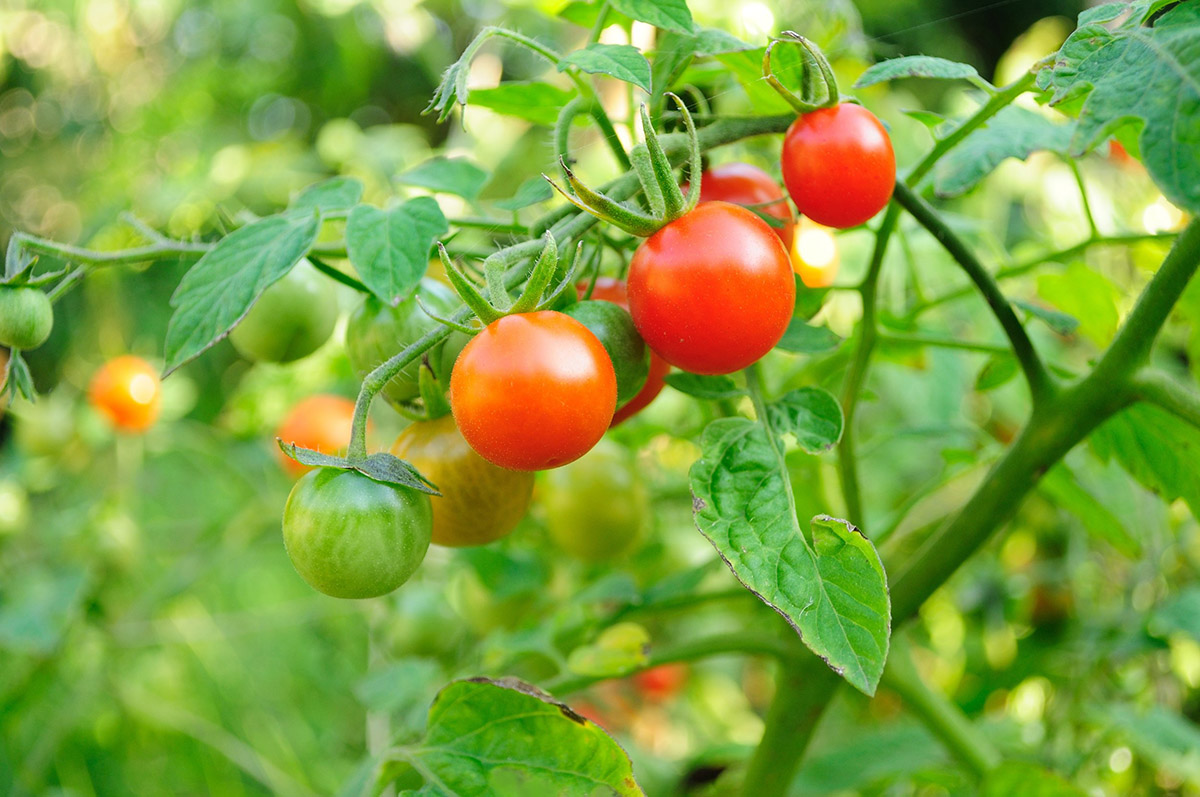
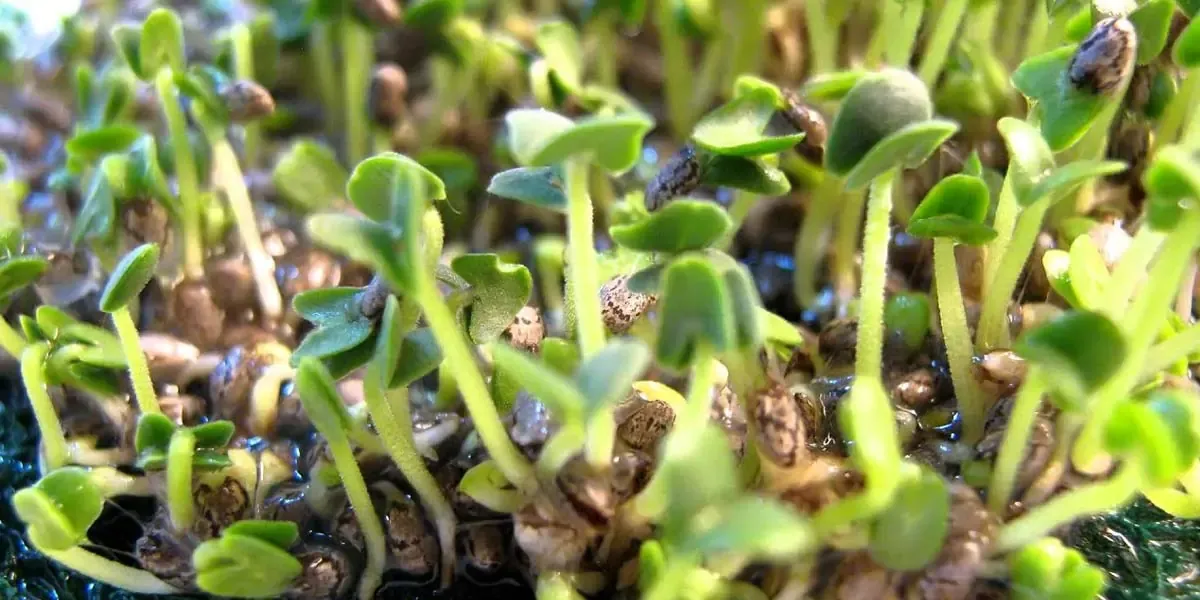
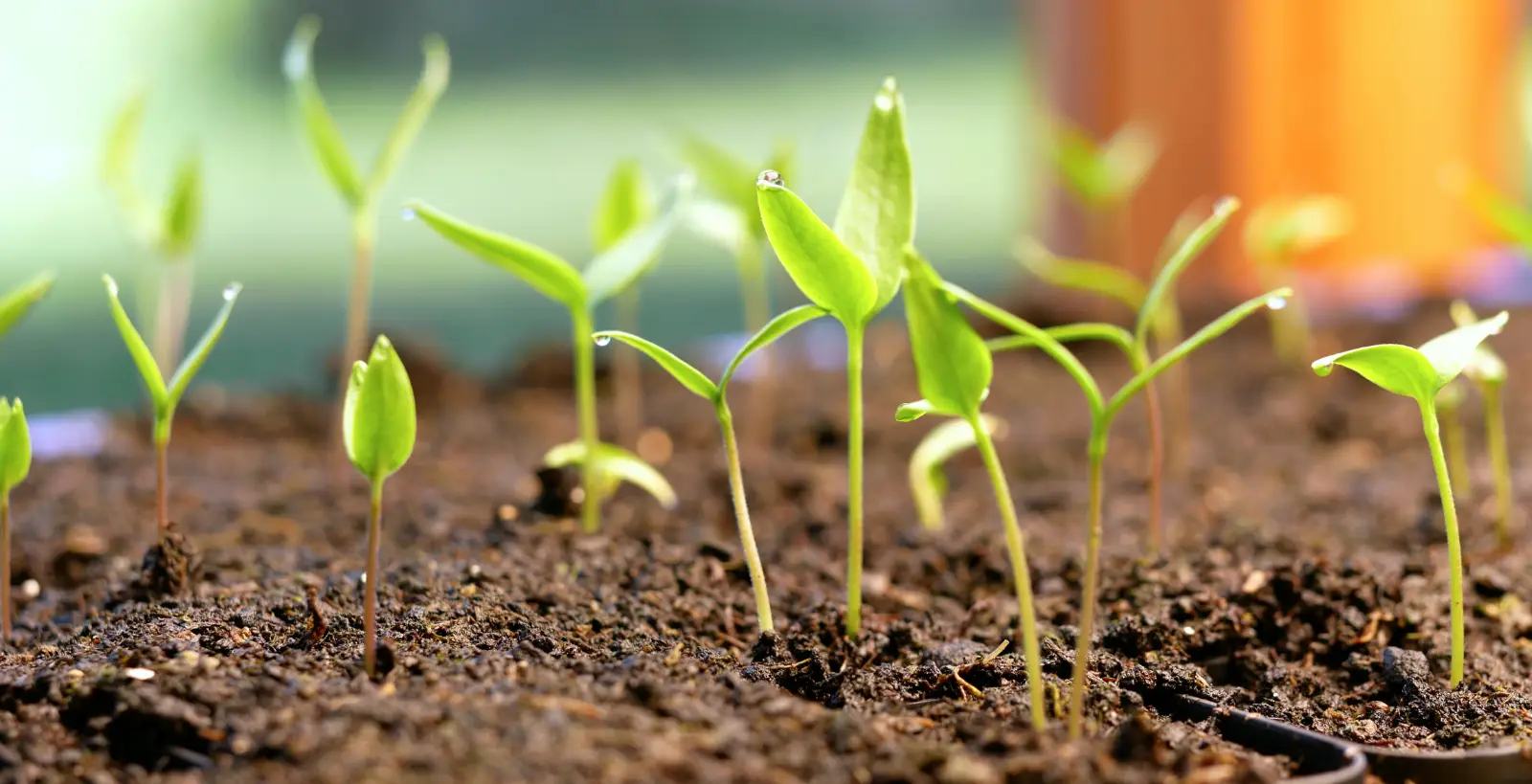
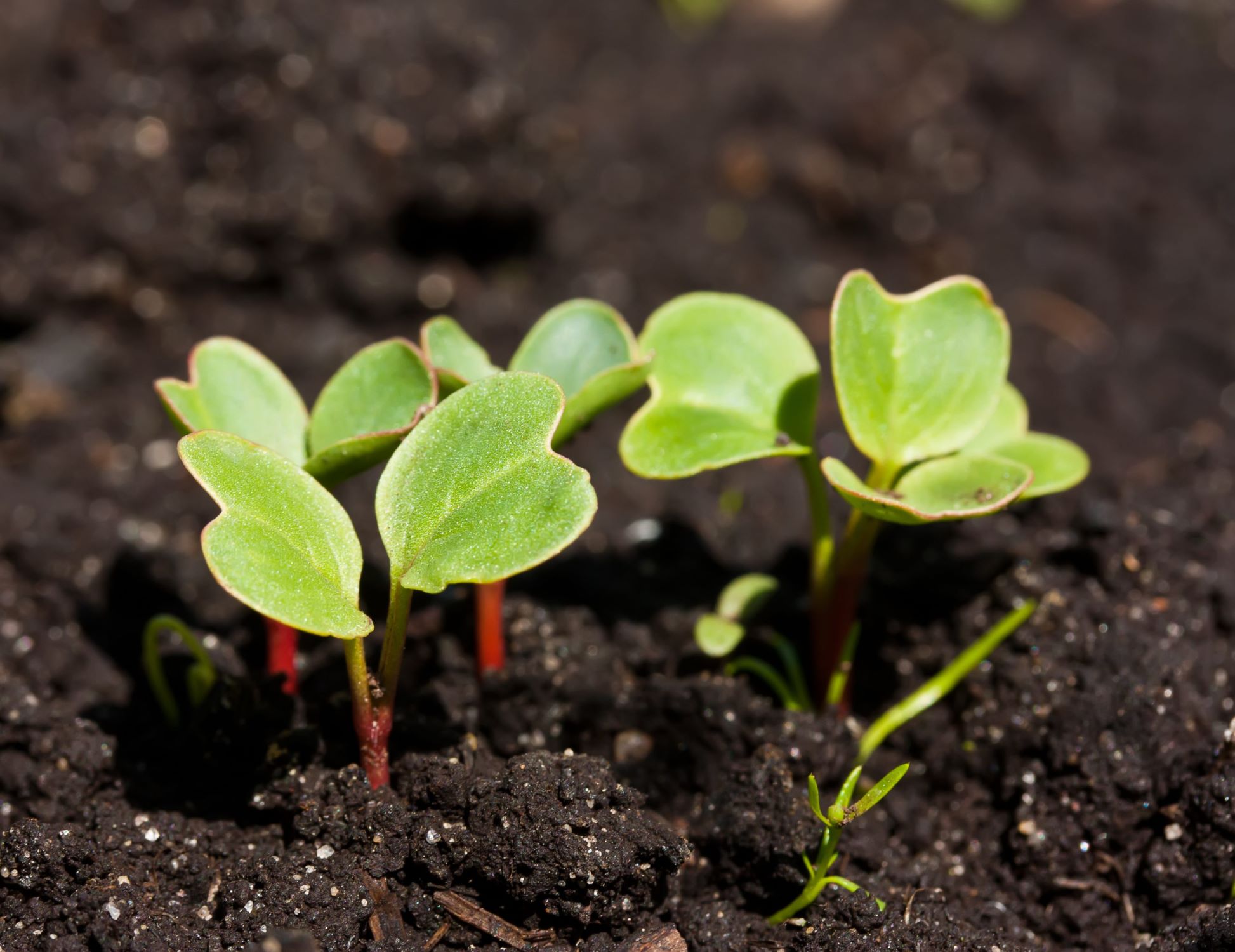
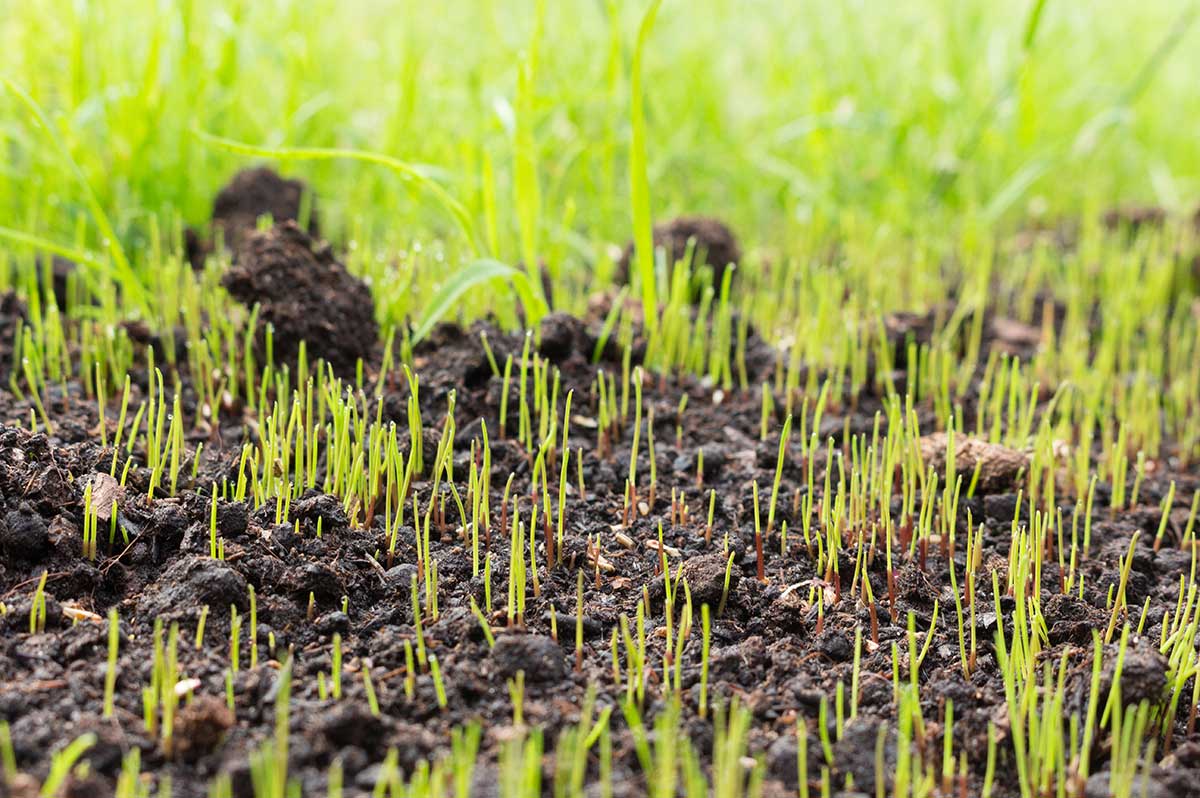
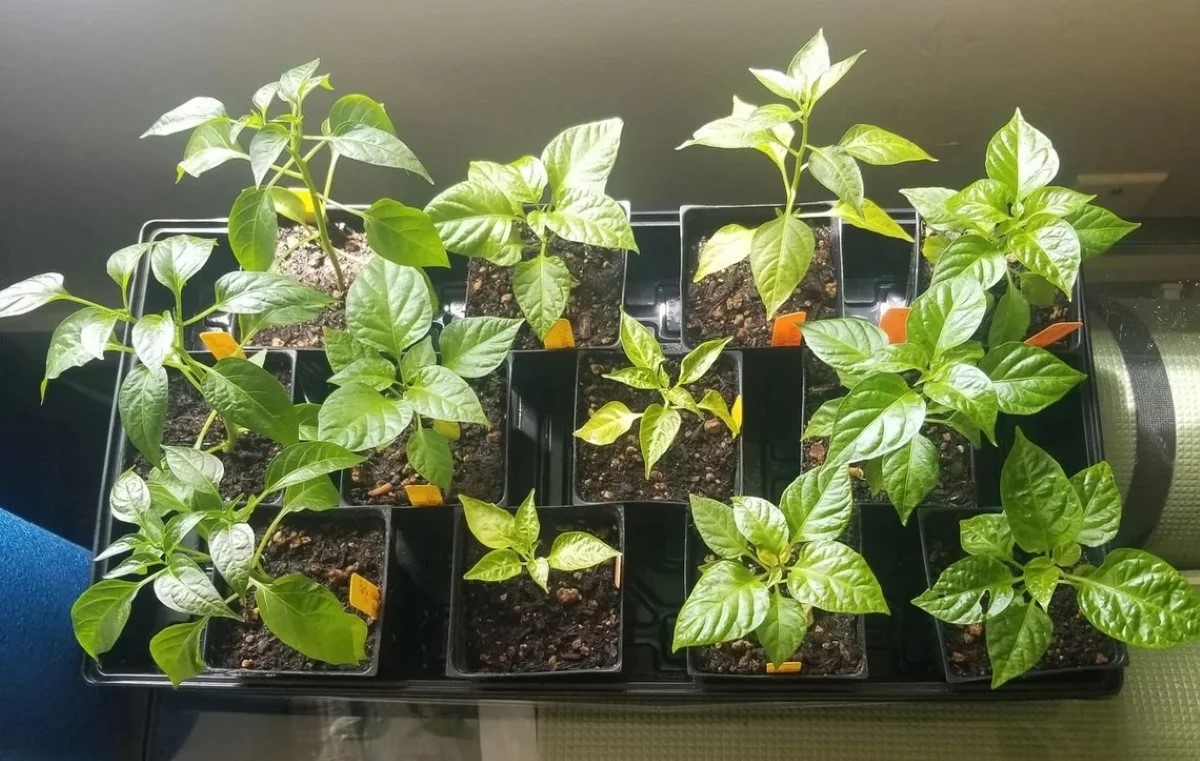
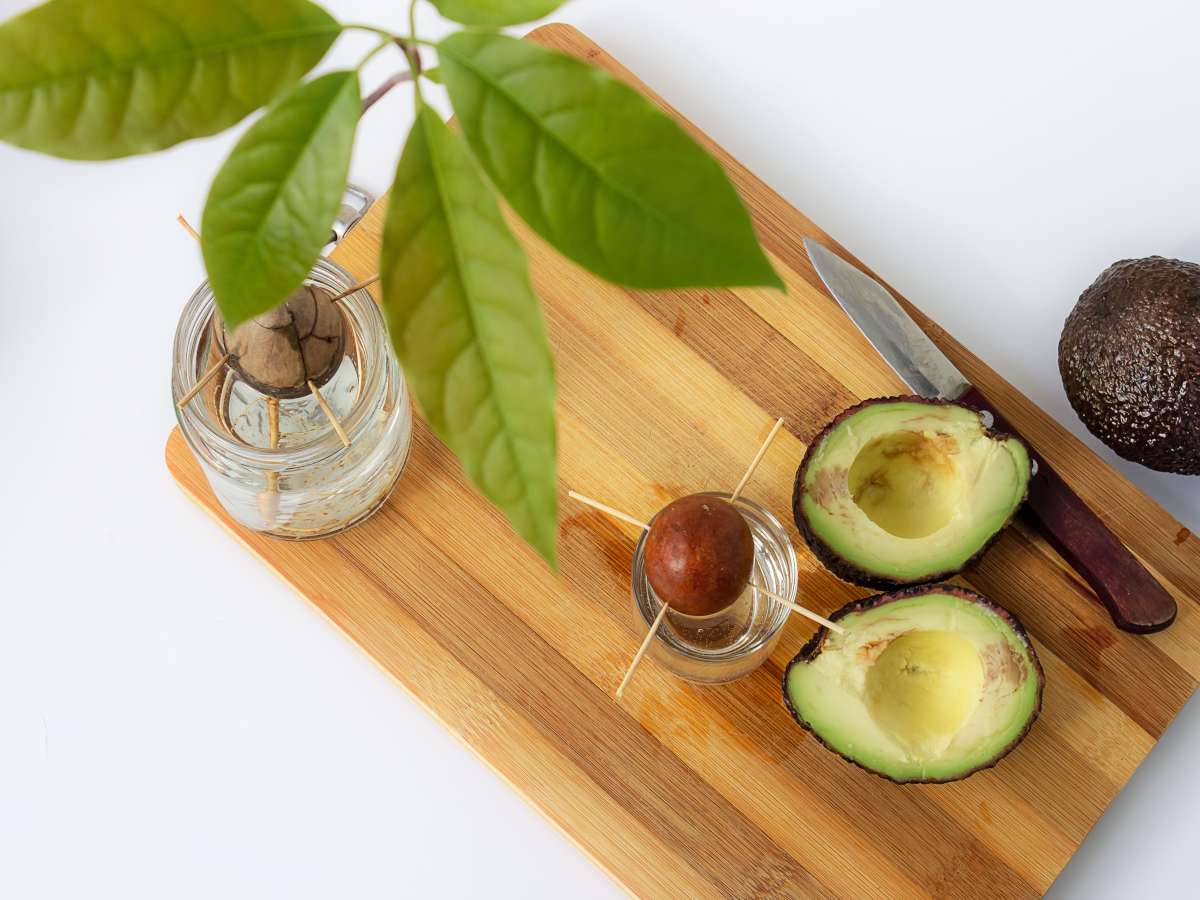
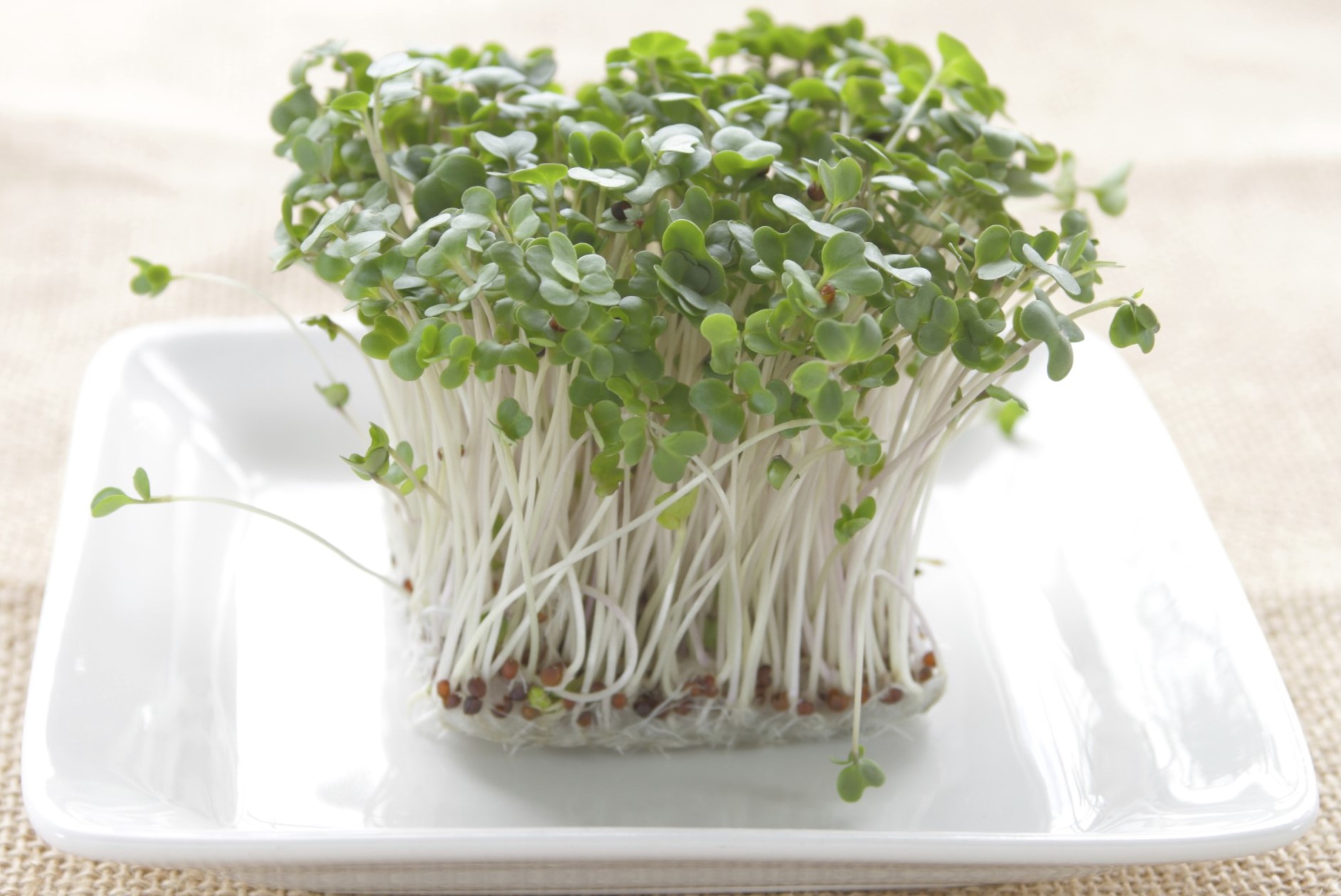
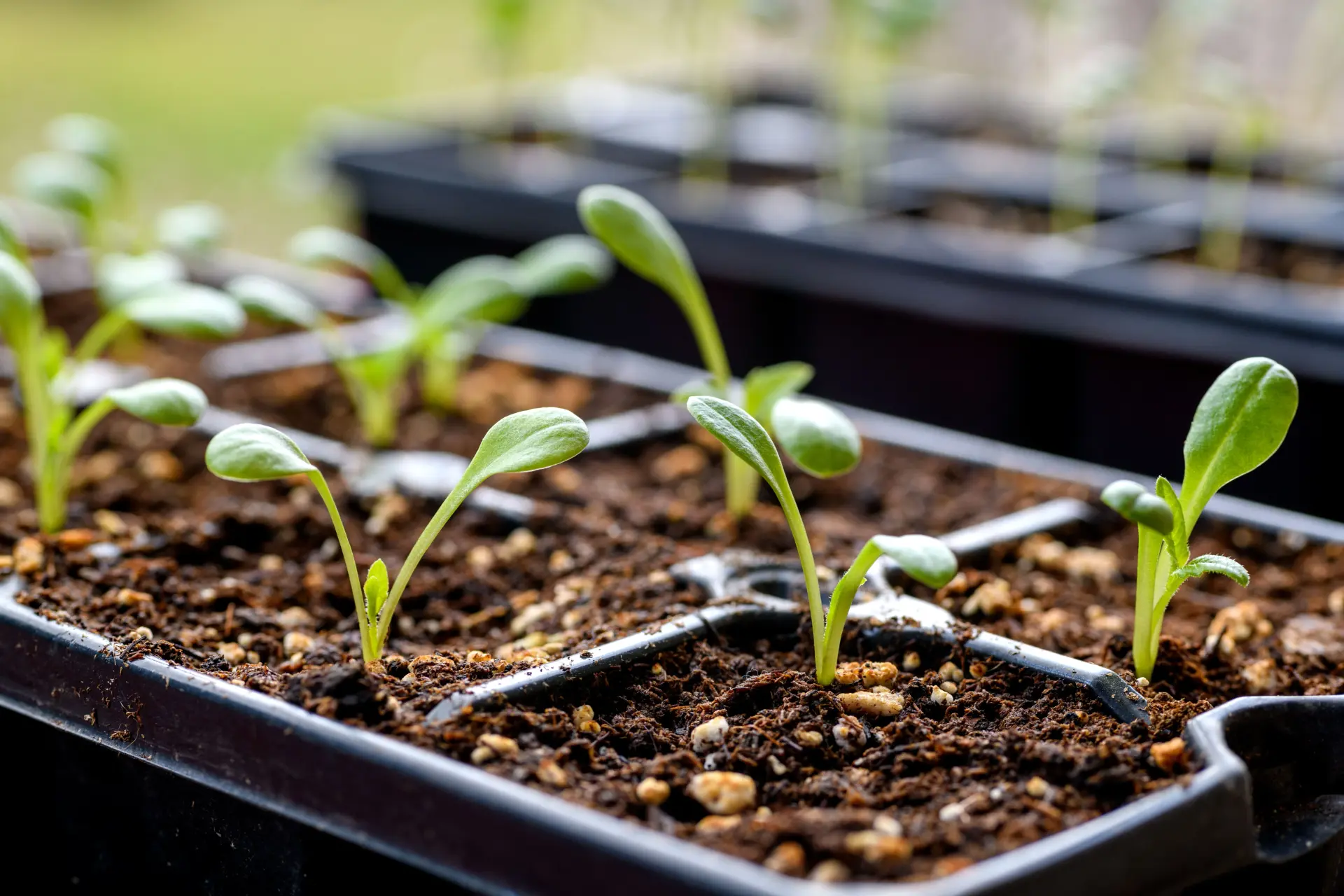
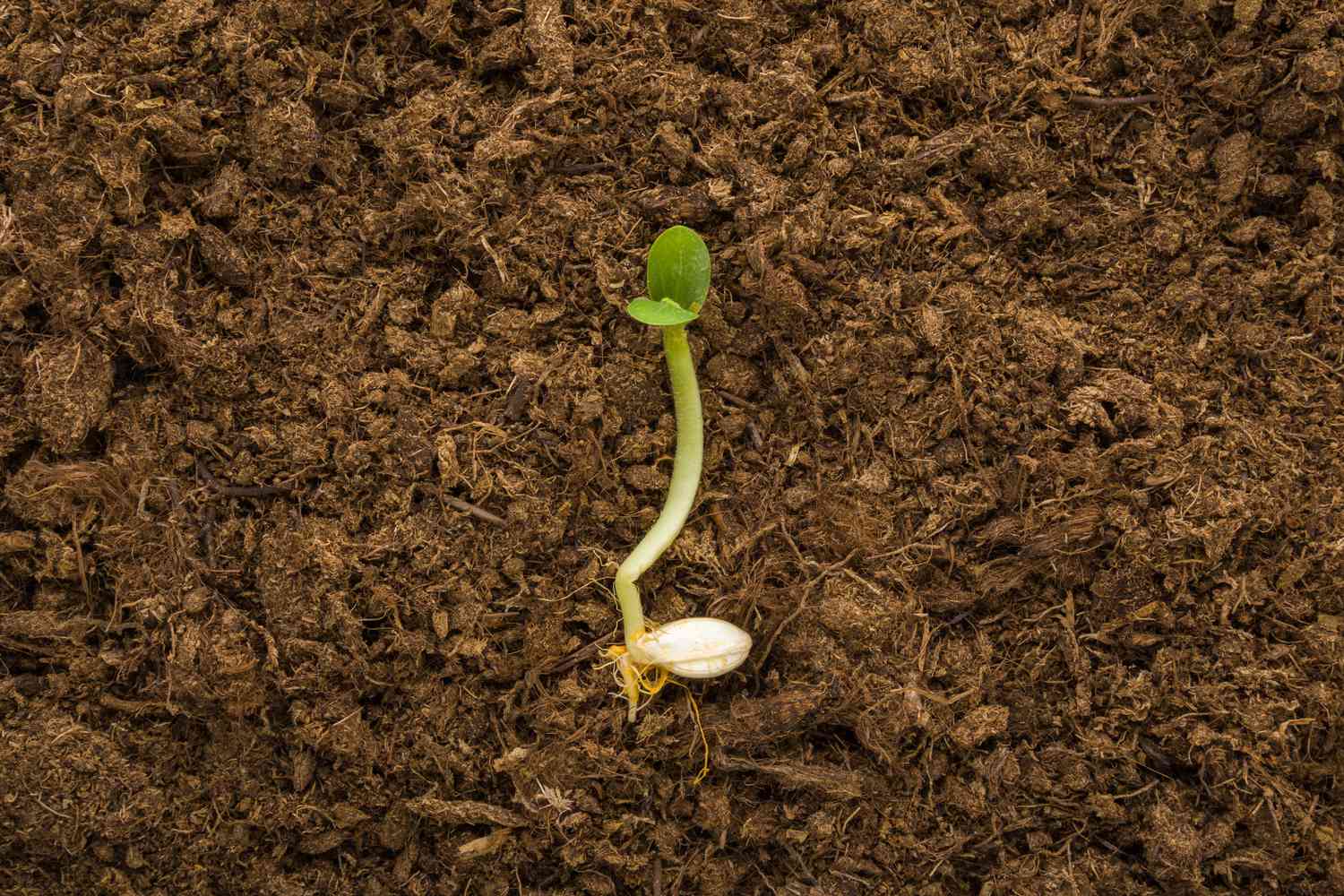
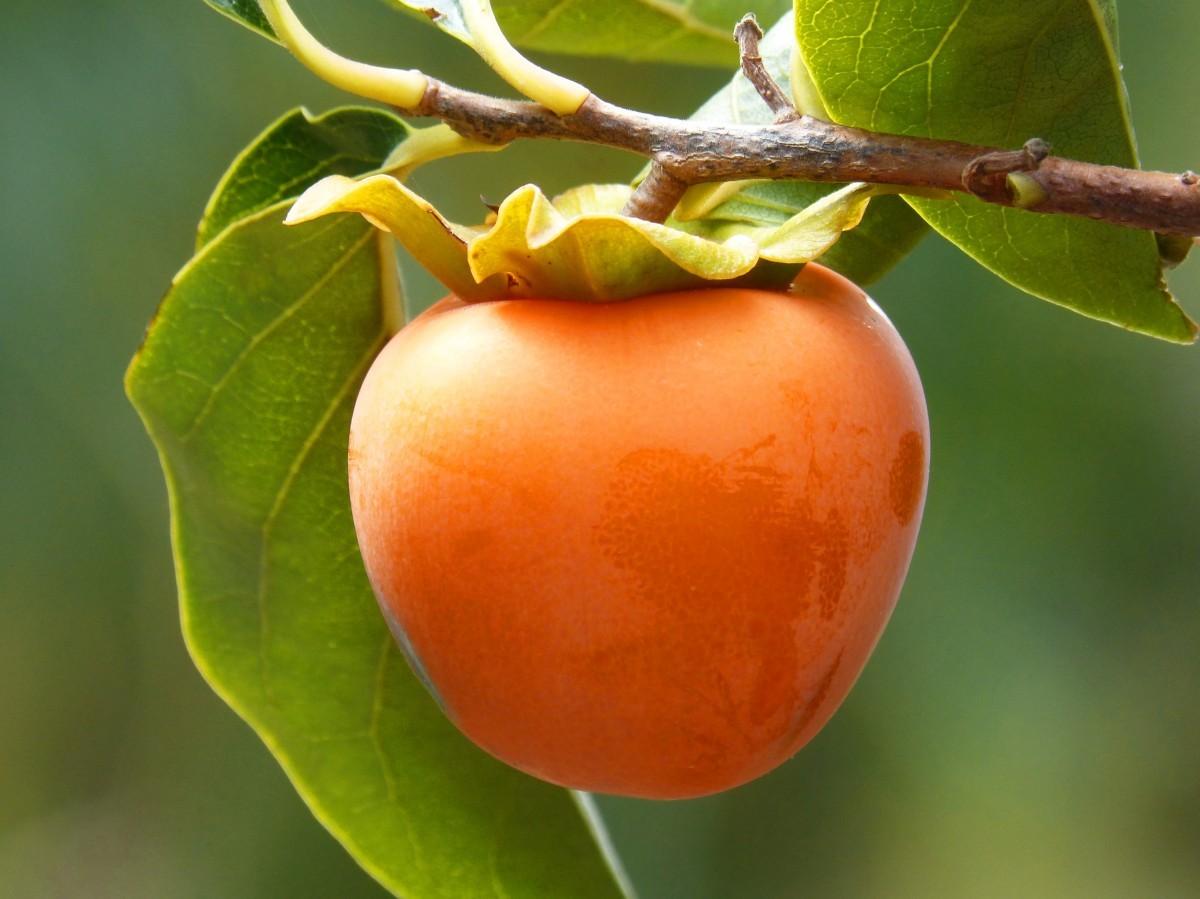
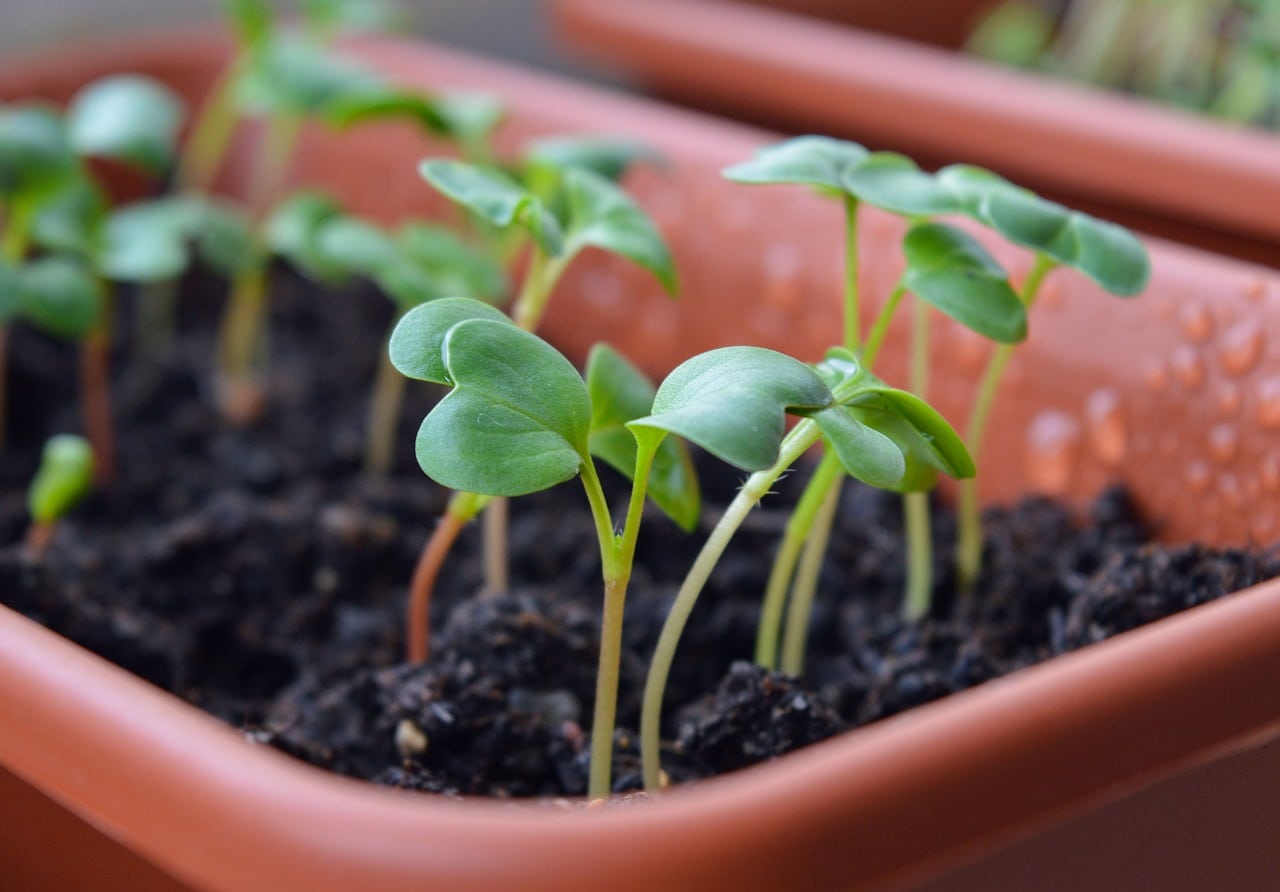
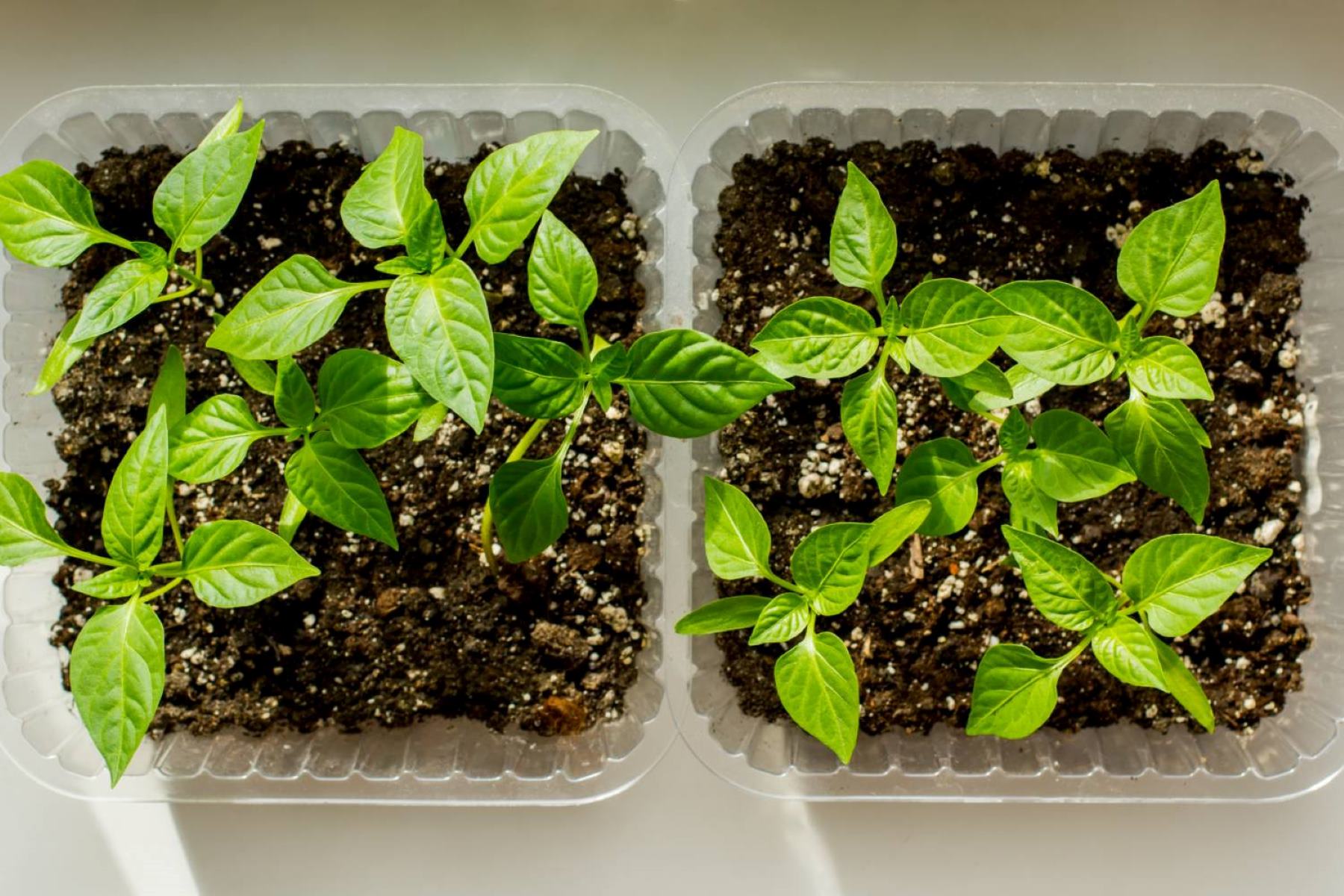
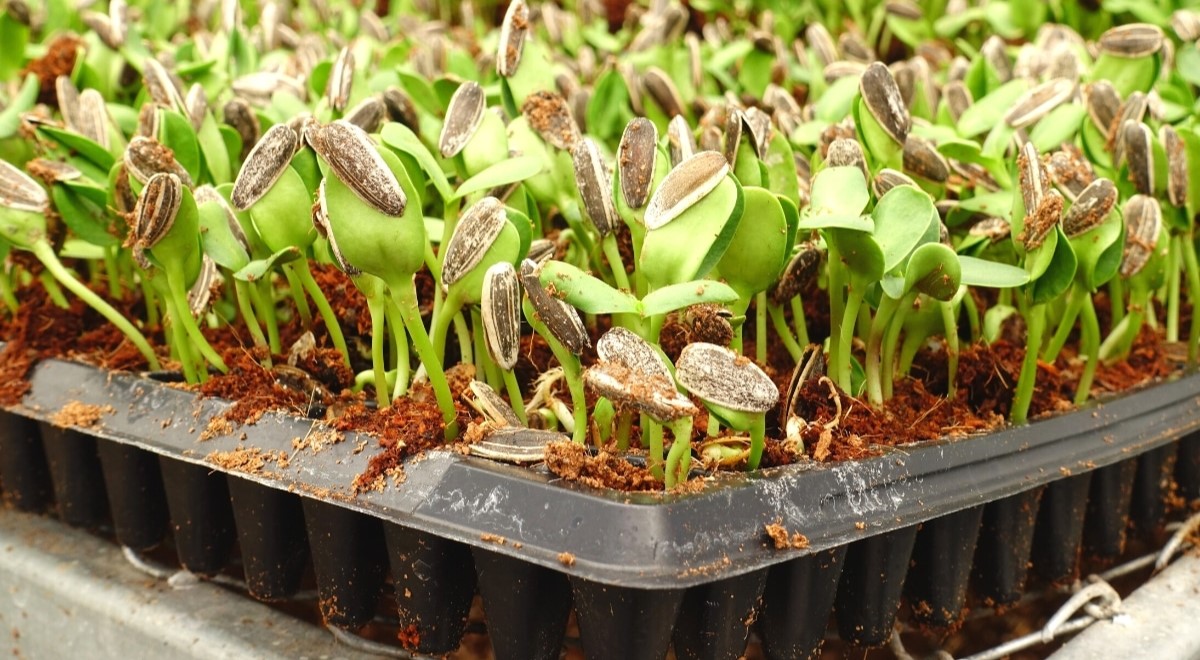

0 thoughts on “How Long Does It Take A Cherry Seed To Sprout”